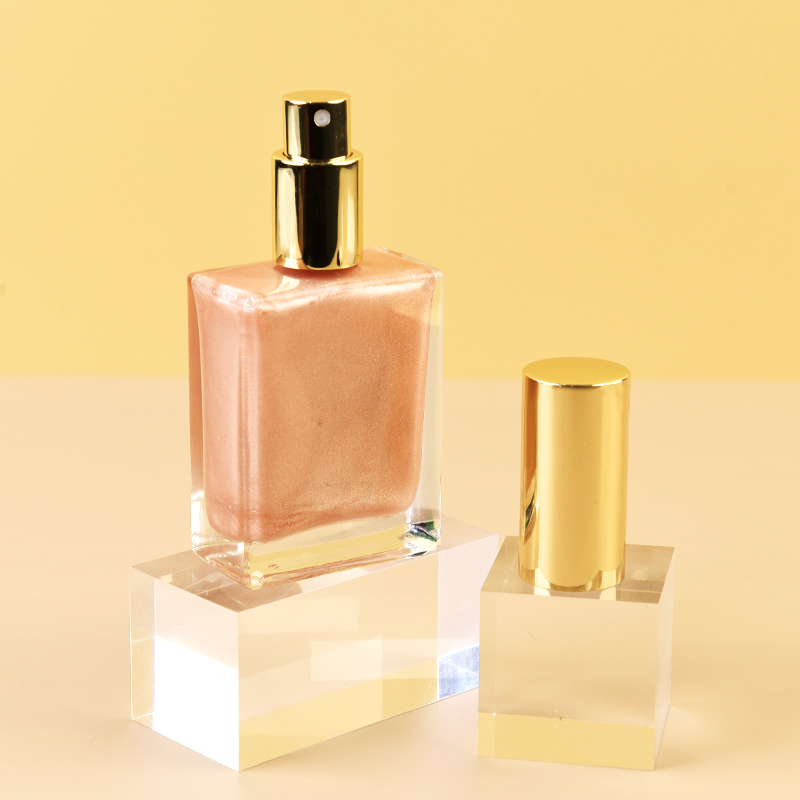Private brand cosmetics refer to cosmetic products independently developed, designed, manufactured and sold by the brand. In contrast, wholesale cosmetics are typically produced by manufacturers and sold wholesale to other brands or retailers who then sell them to end consumers. Here are some popular news about these three aspects:
1. Private brand cosmetics:
Private label cosmetics are cosmetic products independently developed, designed and manufactured by the company. This means that the company controls the entire product manufacturing process, from raw material procurement to packaging design, all done in-house. Private brands usually represent the brand's unique ideas, values and innovative capabilities. This model allows companies to more flexibly meet market needs, launch unique products, and establish direct connections with consumers.
2. Wholesale cosmetics:
Wholesale cosmetics are products produced by manufacturers and then sold wholesale to other brands or retailers. These brands or retailers sell these products under their own brand names. The wholesale model usually focuses more on scale and efficiency, as products are produced in large quantities and delivered to various retail locations through a distribution network. The advantage of wholesale cosmetics is lower production costs, but it lacks independent innovation and brand uniqueness.
3. The difference between private label cosmetics and wholesale cosmetics:
Brand uniqueness: Private label cosmetics focus on establishing a unique brand image in the market and shaping their own brand value and recognition. Wholesale cosmetics are usually produced by manufacturers and then sold to retailers on a wholesale basis. These products may be labeled by different retailers as their own brands, but often lack distinctiveness.
R&D and Design: Private label cosmetics companies usually invest more resources in product R&D, design, and packaging to ensure that their products are competitive in the market. Wholesale cosmetics companies focus more on production scale and efficiency.
Market positioning: Private label cosmetics usually have a clearer target audience and market positioning, and are dedicated to meeting the needs of specific consumer groups. Wholesale cosmetics may be more widely distributed into different retail channels, serving a wider market.
4. Private brand cosmetics cooperation process:
The cooperation process for private label cosmetics usually includes the following steps:
Market research and positioning: Private label cosmetics companies first conduct market research to determine target audiences and market needs, and formulate brand positioning strategies.
Product R&D and design: Based on market research, the company begins product R&D and design to ensure that the products are competitive in terms of quality, effect and packaging.
Production and Manufacturing: After the design is completed, the production phase begins, and the product may be produced by the company's own factory or may be entrusted to a third-party manufacturer.
Brand promotion and launch: Private label cosmetics companies conduct brand promotion activities, including advertising, social media promotions, etc., and also market the products for sale.
Retail cooperation: The company may cooperate with retailers to place products in retail channels or sell them directly through its own online platform.
Market feedback and adjustments: The company regularly evaluates market feedback and adjusts and improves products and marketing strategies based on consumer feedback and market changes.
Post time: Feb-02-2024




